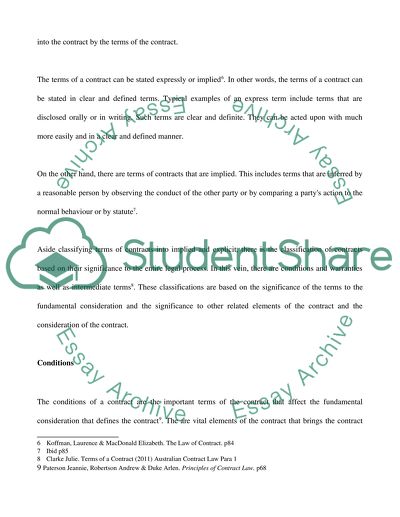Cite this document
(“Law Of Contract Essay Example | Topics and Well Written Essays - 1750 words”, n.d.)
Retrieved de https://studentshare.org/law/1391226-business-law
Retrieved de https://studentshare.org/law/1391226-business-law
(Law Of Contract Essay Example | Topics and Well Written Essays - 1750 Words)
https://studentshare.org/law/1391226-business-law.
https://studentshare.org/law/1391226-business-law.
“Law Of Contract Essay Example | Topics and Well Written Essays - 1750 Words”, n.d. https://studentshare.org/law/1391226-business-law.


